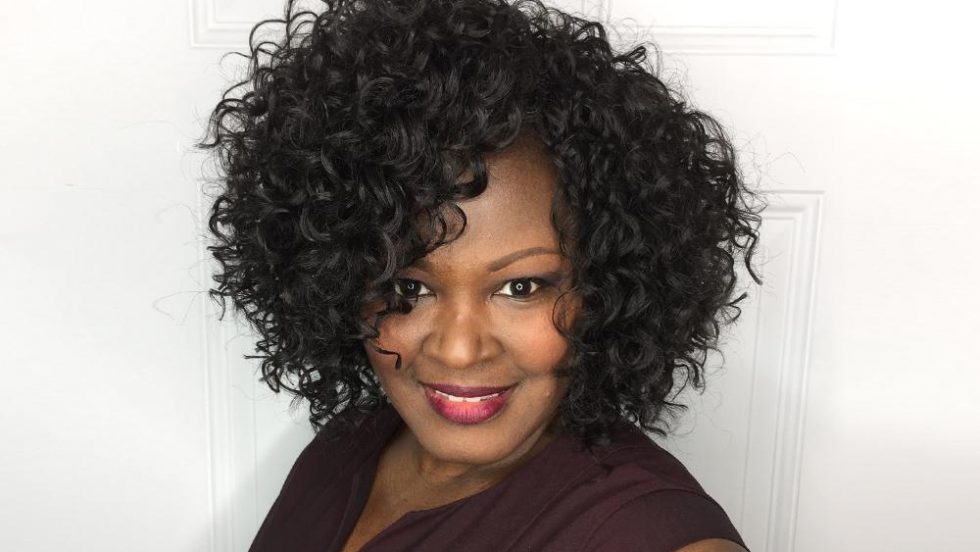
Bernadine Waller, MA '10, wears many hats at Adelphi. She is the associate director of experiential learning in the Center for Career and Professional Development and an adjunct professor in the School of Social Work, where she is also pursuing her PhD with the goal of using research to improve lives.
Waller’s research focuses on Black women survivors of intimate partner violence. She was driven to this issue when she found out that her friend’s sister was murdered by her partner. Waller saw firsthand how this impacted her friend and her friend’s family. When she learned that according to the Centers for Disease Control and Prevention (CDC), Black women are nearly three times more likely to be murdered by their partners than white women, she knew she wanted to make a difference. She dedicated her PhD dissertation to developing theories that can explain how Black women seek help and the resources that can help them survive intimate partner violence.
Waller utilized parts of her literature review from her PhD dissertation to write “Caught in the Crossroad: An Intersectional Examination of African American Women Intimate Partner Violence Survivors’ Help Seeking.” She submitted it for publication but it was rejected.
“I was devastated,” she said. “What inspired me [to submit again] was a mentor who said to me, ‘Bernadine, every publication has a home. You just have to find it.'”
She submitted to three more publications and was met with three more rejections. Then her work found a home—in Trauma, Violence & Abuse, an esteemed publication.
Waller collected data for her dissertation in partnership with the New York City Mayor’s Office to End Domestic and Gender-Based Violence. As part of this partnership, every article she publishes will be hosted on the office’s website.
“I had to send it to the mayor’s office,” she said. “I hoped they wouldn’t be bothered because this is a really edgy article—most scholars are not writing articles like this. One of the executive directors emailed me back the next day, saying ‘I read your article and I was so inspired. This is exactly what we need in the mayor’s office to help improve the outcome for our Black women survivors.'”
Discovering Her Passion for Social Work
Waller originally earned her master’s in psychology but after an informational interview with faculty from the School of Social Work, she realized that social work was the perfect field for her to reach her goal of helping Black women.
“The more I learned about the program, the more excited I got,” she said. “Social work mainly looks at issues from a systemic microscope. It isn’t just ‘What’s going on with this individual?’ It’s ‘What’s going on in the world that is hurting this individual and causing these things that happen to the individual?’ It provided me with the lens in which I was able to interrogate what was going on with Black women survivors.”
Adelphi offered a flexible path to a PhD that gave her the opportunity to earn her degree part time, so she could continue to work in the career center and teach part time in the School of Social Work.
“There are very few schools that allow people to do that,” she said. “I really don’t think I would have been able to produce this caliber of work without going through the School of Social Work, and for that I am totally grateful to the faculty members.”
Waller is set to graduate in May 2021. She is a recipient of the competitive R36 grant from the National Institute of Mental Health (NIMH) and is using her resources to develop theories and interventions that can revolutionize intimate partner violence services as they relate to Black women. She spearheads the Jaggar Community Fellows Program, which provides hundreds of students with valuable internship experience in the nonprofit sector, and she recently finished converting the program to a virtual format in order to protect and prioritize the health and safety of students.
“Writing is resistance,” she said. “I use my scholarship to push against ideologies of white supremacy and things that are wrong as it relates to Black people…because if you don’t care about social justice, systemic racism and social inequality, then you’re not really a social worker.”